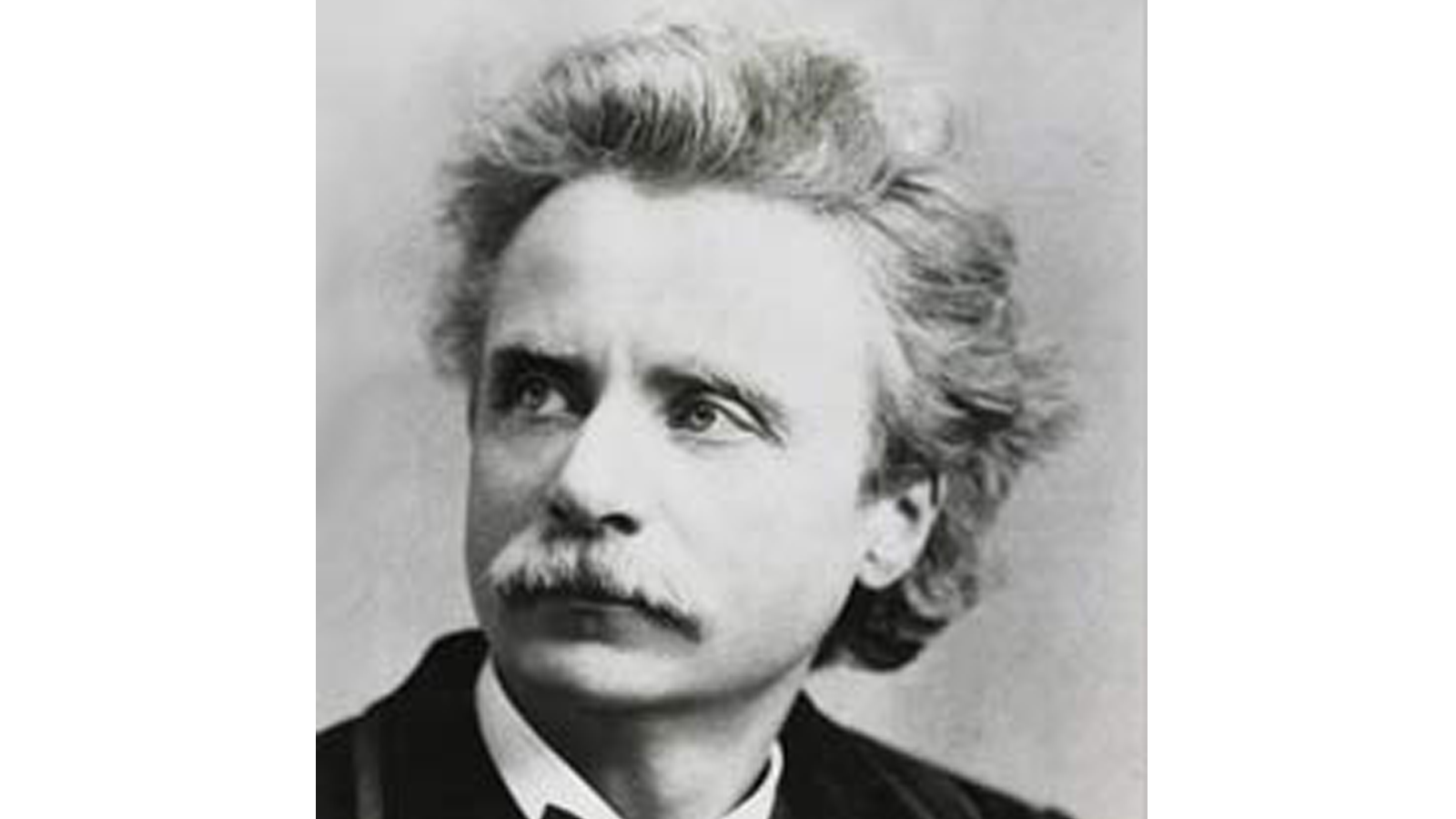
No. 18
Grieg: Peer Gynt Suites

“Peer Gynt” is not the legendary tale most of us think of it as, but a play written in verse by the great the Norwegian playwright Henrik Ibsen. It was supposed to present a “modern” character study in the garb of legend. Ibsen himself admitted that given the play’s fantastical elements and its lightning location switch from mythic Norway to legendary Arabia, any stage production must fall short of ideal. Still, “Peer Gynt” was a play by Ibsen and that meant it had to be staged. It didn’t take Ibsen long to figure out how to wed all the disparate elements of his play together. The answer was music. Ibsen turned to Edvard Grieg to supply incidental music. The play proved to be unpopular, especially with critics; the music, however, was acclaimed by all.
Grieg quickly pulled out the parts of his music he thought could stand alone, including the play’s “hit” song. He formed them into two orchestral suites. With titles assigned to each number, suggestive enough to give the listener a sense of context and a vague sense of a narrative the Suites have become enormously popular. Indeed they have become so popular that ever after Grieg has been saddled with a reputation as a superb miniaturist that may have even affected the composer’s own ambitions.
Peer’s story is about his fecklessness. Apparently Peer is a hunk; he goes through the play climbing into bed with women and leaving them pregnant. The saddest among them is Solveig; her song demonstrates that she longs for Peer’s return after he abandon’s her. Another beauty after Peer is the daughter of the Troll King who lives under a mountain. Then there is the Arabian seductress, Anitra whose dancing enflames Peer. Meanwhile, --isn’t there always a meanwhile—Peer’s loyal mother, Asa, pines away until she dies.
Ibsen’s play has achieved classic status in Scandinavia, and it is now acknowledged that the play cannot really be produced without music. However, Ibsen’s score is now so familiar and beloved that it overshadows the play completely. Wise presenters have spent most of the 20th century asking others to write the necessary music. All that is left of Grieg’s score that really matters are the Suites. And those Suites have mattered a lot, used and abused countless times, yet never quite losing their essential attractiveness and power.
Top 40 Countdown
A few years ago the listeners to WNED Classical told us what they thought a TOP 40 list of Classical pieces should be. Six hundred and twenty-two different pieces were put forward, and over nine hundred listeners participated. The result, The WNED Classical Top 40, was both startling and comforting. There were a number of surprises, Stravinsky and Copland made the list; Mendelssohn and Schumann did not! It was comforting to know that the two most popular composers were Beethoven and J.S. Bach. The biggest surprise of all was the piece that crowned the list as No. 1.